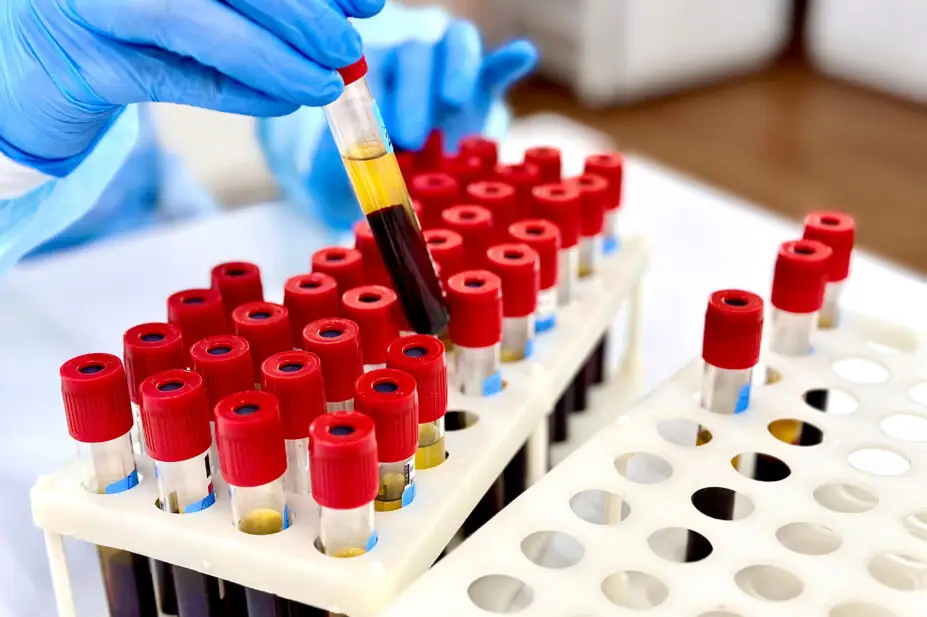
Shutterstock.com
The National Institute of Health and Care Excellence (NICE) has recommended a gene-editing therapy for sickle cell disease (SCD) for use on the NHS in England, reversing an earlier decision made in draft guidance.
Exagamglogene autotemcel (Casgevy; Vertex Pharmaceuticals), also known as exa-cel, was licensed by the Medicines and Healthcare products Regulatory Agency in November 2023 for SCD and transfusion-dependent β-thalassaemia, making it the first medicine to be licensed in the UK that uses the innovative gene-editing tool CRISPR.
However, in draft guidance published in March 2024, NICE said it did not recommend it for NHS use, because it needed more information to “address the uncertainties in the clinical and economic evidence”.
In a statement published on 31 January 2025, NICE said its independent appraisal committee now recommended the therapy for the NHS in England, making it available under a managed access scheme for some patients aged 12 years and over with recurrent vaso-occlusive crises who have a βS/βS, βS/β+ or βS/β0 genotype.
The therapy will cost £1,651,000 per course at its list price.
“The committee took into account exa-cel’s potential impact on health inequalities, its innovative nature and the uncaptured benefits of the treatment for the quality of life of carers by allowing more uncertainty in the evidence and a higher cost-effectiveness estimate than NICE normally considers to be value for money for the NHS,” the statement said.
“More data will be collected while patients receive the treatment on the NHS before NICE evaluates the medicine again,” it added.
SCD is an inherited red blood cell disorder, affecting around 14,000 people in the UK. It is most common in people with African, Caribbean, Middle Eastern or South Asian heritage.
There are limited treatment options for SCD, with Casgevy being one of only two treatments approved in the UK in the past 20 years.
The Sickle Cell Society said it was “delighted” that the therapy had been approved. John James, its chief executive, commented: “The significance of this milestone for the sickle cell community cannot be understated. It was achieved after we staged a long and determined campaign, and today’s result will give hope to many.”
“While today’s news is incredible, we remain acutely aware that not everyone with sickle cell will be eligible for the potentially life-changing benefits of Casgevy. Furthermore, this new therapy joins a disappointingly limited range of treatments currently available for this complex and challenging condition,” he added.
In May 2024, NICE reversed a decision not to recommend voxelotor for SCD treatment, following a price reduction provided by manufacturer Pfizer. However, in October 2024 Pfizer withdrew voxelotor (Oxbryta) worldwide, owing to the emergence of clinical data that linked “fatal events” to the drug.


